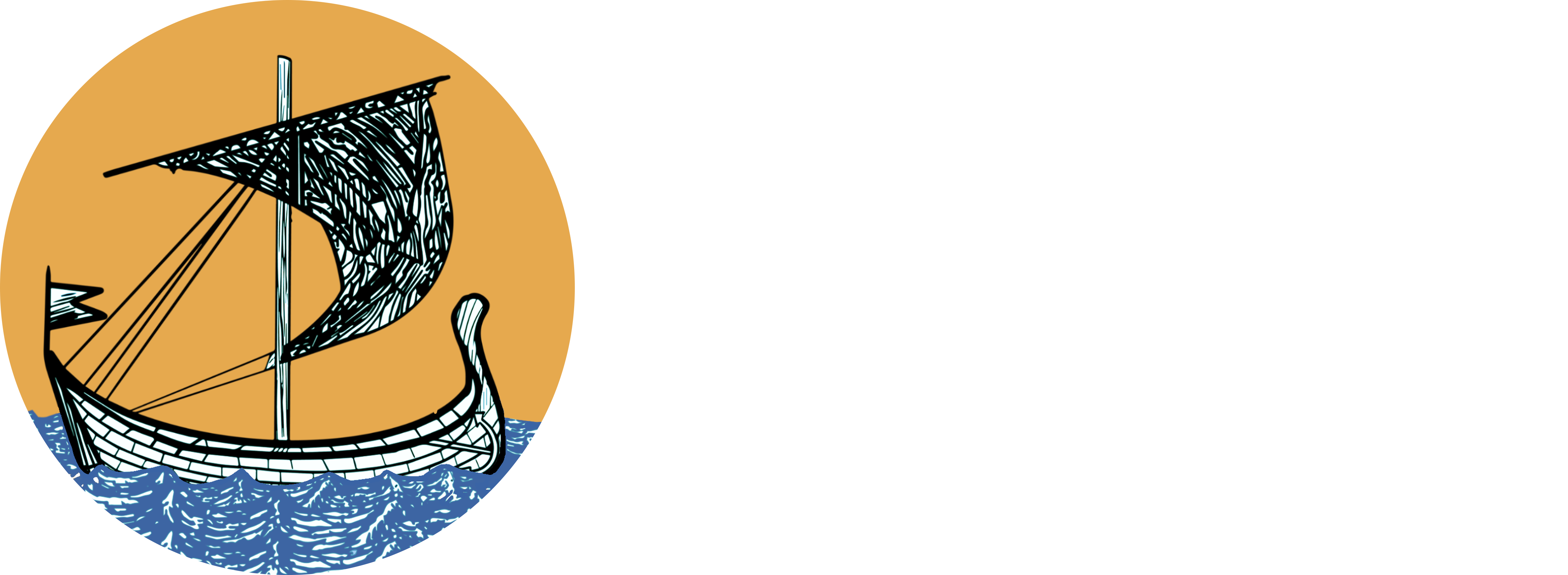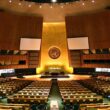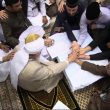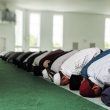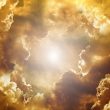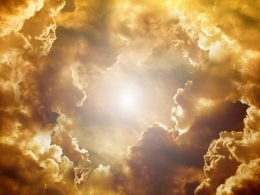One of the defining books of the Promised Messiahas and something that outlines the core beliefs of the Ahmadiyya Muslim Community, Noah’s Ark [Kashti-e-Nuh] is an iconic work. The book contains some of the well-known quotes of the Promised Messiahas such as “Whoever does not observe the five daily prayers, is not of my Community”. The words of the Promised Messiahas have a strange effect on the reader (perhaps because his pen was moved by angels—as he once claimed) in that one begins to feel as if he has spent time in the company of a prophet. It’s a book that ought to be read and re-read—for life— as the reader comes across new wisdom every time. Here are five things, out of many, we learn from Noah’s Ark.
1. More than One Name
On the Urdu front cover of the book, Noah’s Ark has been given other names. It’s second name is An Invitation to Faith [Da‘watul-Iman] and its third name is The Strengthening of Faith [Taqwiatul-Iman]. Interestingly, the name Noah’s Ark is introduced on the front cover in the words “The treatise ‘Heavenly Inoculation’ [Asmani Teeka] which has been prepared about the plague for my community is named Noah’s Ark”. Just like the ark which was built by Prophet Noah, the Promised Messiahas called people towards the true faith and once they ‘boarded’ his ark, he advanced their spiritual status.
2. Based on Revelation
The Promised Messiahas received a revelation from God Almighty in 1888 in which God literally commanded the Promised Messiahas to build an ark:
اِصْنَعِ الْفُلْکَ بِاَ عْیُنِنَا وَ وَحْیِنَااِنَّ الَّذِیْنَ یُبَایِعُوْ نَکَ اِنَّمَا یُبَایِعُوْنَ اللّٰہَ یَدُ اللّٰہِ فُوْقَ اَیْدِیْھِمْ
“Construct the ark before Our eyes and according to Our command. Those who swear allegiance to thee swear allegiance to God. The hand of God is over their hands.”
The Ahmadiyya Muslim Community was, in a way, the ark that God Almighty had commanded the Promised Messiahas to build. Noah’s Ark is therefore a befitting name for a code of conduct for those who wish to board the Promised Messiah’s ark. We find another revelation in Urdu in which God Almighty said:
[Translation] “The earth is covered with the flood of error. You should prepare this ark in this time of flood so that whoever boards this ark would be delivered from being drowned and whoever will persist in denial will face death.”
3. Published during the Plague
Towards the end of the 19th century the plague was ravaging across South East Asia, with millions of people dying. By the beginning of the 20th century, the mortality rate was close to 22 per hundred thousand in India and had long been declared a pandemic. Around 10 million people died in India alone. The Promised Messiahas prophesied the appearance of the disease years before it became a pandemic and cited it as a punishment from God Almighty. God Almighty had told him that whoever would enter his Community would be safeguarded against the plague. Therefore, to prove the truth of his mission, the Promised Messiahas asked his Community not to be inoculated. The Promised Messiahas wrote:
“The heavenly prohibition is that God in this age desires to show a heavenly sign of His mercy to mankind. Addressing me, He said: ‘You and those who dwell within the four walls of your house; those who unconditionally follow you and are obedient to you, and who on account of true righteousness have become devoted to you, shall all be safeguarded against the plague’…This is a divine directive, on account of which I, myself and all those who dwell within the four walls of my house have no need to be inoculated.”
It is for this reason that the book was named Noah’s Ark for it whoever entered it would be safeguarded from the ‘flood’ of disease around them.
4. Islamic Code of Conduct
Noah’s Ark contains a chapter called Our Teaching [Humari Taleem] which most eloquently describes what the Promised Messiahas expected from those who pledged their allegiance to him. Reading the pages, one is greatly moved by being addressed directly in second person; you feel as if the Promised Messiahas is addressing the one reading. It is a timeless way in which the Promised Messiahas has conducted the moral training [Tarbiyyat] of his Community. Those who raise allegations against the Promised Messiahas need only to read Noah’s Ark to understand what the Promised Messiahas wanted to achieve. Noah’s Ark is a book that Ahmadi Muslims should continuously read as it serves as benchmark against which we can measure our spiritual progress. The Promised Messiahas repeatedly emphasised that merely taking the oath of allegiance was not enough, one had to undergo a moral reformation to be truly counted amongst the followers of the prophet of the latter days.
5. The well-known “Not of my Community” is from Noah’s Ark
We have all heard of the saying of the Promised Messiahas that whosoever does not observe the five daily prayers, is “not of my Community”. This extract is from Noah’s Ark and is found alongside many others of similar nature. In total the Promised Messiahas has used this phrase for 18 deeds. We have produced a list below:
- “He who at the time of supplication does not believe that God has power over all things, except that which might be contrary to His promise, is not of my community.”
- “Whosoever does not give up lying and deceit, is not of my community.”
- “Whosoever is consumed by material greed and does not lift his eyes to look at the hereafter, is not of my community.”
- “Whosoever does not truly give precedence to religion over the world, is not of my community.”
- “Whosoever does not repent of every vice and every evil deed, such as drunkenness, gambling, lustful glances, deceit, bribery and every misappropriation, is not of my community.”
- “Whosoever does not observe the five daily prayers, is not of my community.”
- “Whosoever is not constant in supplication and does not remember God with humility, is not of my community.”
- “Whosoever does not discard the company of an evil one who influences him towards vice, is not of my community.”
- “Whosoever does not honour his parents and does not obey them in all matters that are not contrary to the Quran, and is careless in serving them diligently, is not of my community.”
- “Whosoever does not treat his wife and her relatives with gentleness and benevolence, is not of my community.”
- “He who refrains from doing even the least bit of good to his neighbour, is not of my community.”
- “He who does not desire to forgive an offender and harbours rancour, is not of my community.”
- “Every husband who deceives his wife, and every wife who deceives her husband, is not of my community.”
- “Whosoever breaks the covenant of Bai’at in any respect, is not of my community.”
- “He who does not truly believe in me as the Promised Messiah and Awaited Mahdi, is not of my community.”
- “Whosoever is unwilling to obey me in all that is good, is not of my community.”
- “Whosoever associates with my opponents and endorses what they say, is not of my community.”
- “Every adulterer, transgressor, drunkard, murderer, thief, gambler, deceiver, bribe-taker, usurper, tyrant, liar, forger and those who sit amongst them, and everyone who slanders his brothers or sisters and does not repent of his foul deeds, and does not abstain from evil company, is not of my community.”
Noah’s Ark is a book that should be read every year. It’s a refresher course in the teachings of the Promised Messiahas and reading it gives us a chance to reflect upon our own spiritual status.
